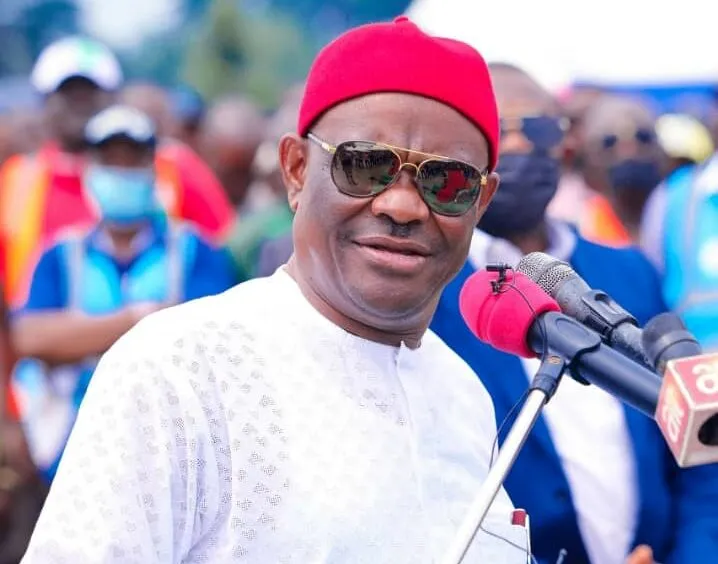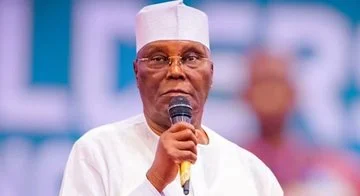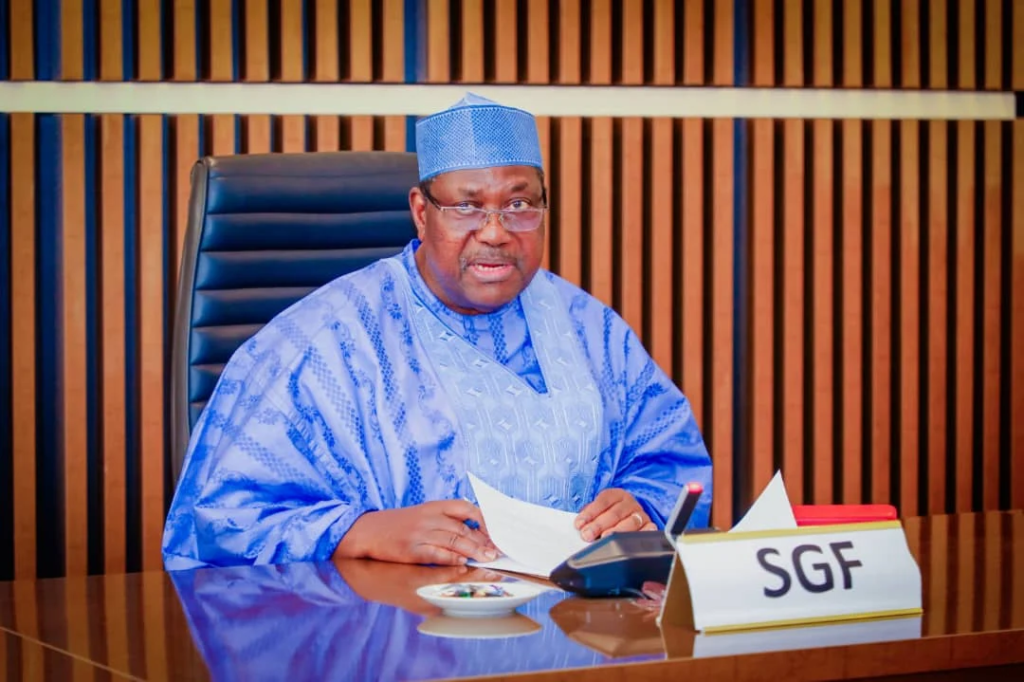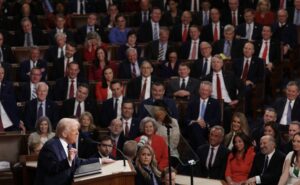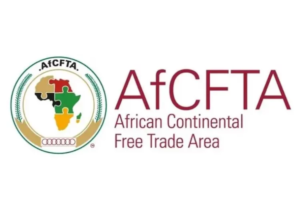A recent analysis has spotlighted Nigeria’s minimum wage of N30,000 as the lowest among seven African countries under scrutiny.
At the current exchange rate of N1,500 to a dollar, the monthly wage equates to a mere $20, hardly enough to purchase half a bag of rice amidst the country’s economic strains.
In contrast, workers in Seychelles, Libya, Morocco, Gabon, South Africa, Mauritius, and Equatorial Guinea enjoying a monthly take-home amounts of $456, $325, $315, $256, $242, $240, and $224 respectively.
Despite an adjustment from N18,000 to N30,000 in 2018, Nigeria’s minimum wage has remained stagnant for six years, exacerbating the impact of soaring inflation, which reached 31.70 percent in February. Food prices surged by 37.92 percent, further straining workers’ finances.
Labour unions criticize the current wage as unrealistic, given the severe economic downturn and a 27-year high inflation rate.
The naira’s depreciation, now trading at approximately N1,300/$, marks a substantial decline from the N400/$ exchange rate in 2018.
There’s hope on the horizon, though, as President Bola Tinubu is expected to announce a new minimum wage on Workers’ Day, May 1, following the establishment of a tripartite committee by Vice President Kashim Shettima in January.
Comprising 37 members representing various sectors, the committee is tasked with reviewing and proposing a revised national minimum wage, offering potential relief for workers nationwide.
During zonal public hearings in Lagos, Kano, Enugu, Akwa Ibom, Adamawa, and Abuja, workers in the North-West requested N485,000; North-East, N560,000; North-Central, N709,000 (NLC) and N447,000 (TUC); South-West, N794,000; South-South, N850,000; and South-East, N540,000 by the NLC and N447,000 by the TUC.
However, some state governments, like Adamawa and Bauchi, proposed a significantly lower figure of N45,000 as the new minimum wage.
The Nigerian Labour Congress (NLC) had on Friday warned that governors failing to implement the new minimum wage upon enactment would be in violation of the law.
It vows to pursue stringent measures against such governors, emphasizing the importance of upholding workers’ rights and fair remuneration.














